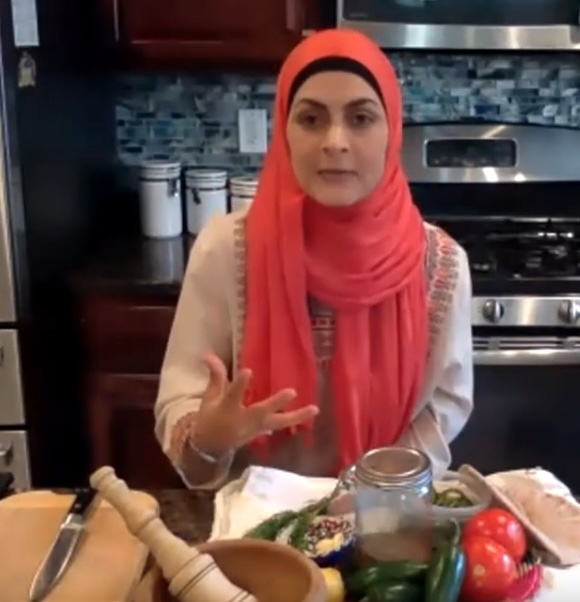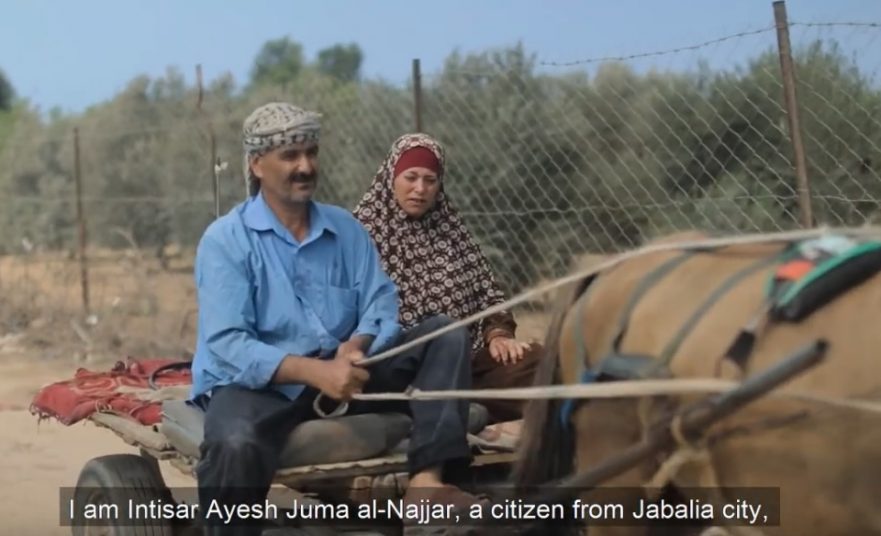The news about the destruction and ecocide of all parts of the food system in Gaza, Palestine continues. The World Food Program reported yesterday that, “WFP’s main warehouse in Rafah is now inaccessible. Food distribution in Rafah is currently suspended,” and that, “Current supplies of food and fuel in Gaza will only last a few of days, and WFP’s operations might come to a standstill.”
Prior to the start of the genocide last October 7-8, the food system for Gaza’s 2.3 million people was very far from ideal. Israel’s maintenance of a super-tight blockade on the Strip since 2007 and of strictly policed “buffer zones” deep within Gaza’s territory and of tight limits on the reach of fishing boats– along with its periodic launching of lethal and very destructive military assaults into Gaza– had long prevented Gazans from running any kind of an adequate food system.

But despite those constraints, different communities in Gaza worked hard to grow, gather, buy, and sell the best food ingredients they could, and then families worked to produce meals that kept alive their people’s rich culinary history while also providing the best possible nutrition to all in their charge.
In late 2020, Just World Ed launched an online-education project titled “Beyond Survival, in Gaza and Beyond” that explored the food-sovereignty challenges faced by Palestinians in Gaza and elsewhere, and to link those with similar challenges faced by other threatened communities around the world. We had launched that project in conjunction with the release by Just World Books of the Third Edition of Laila El-Haddad and Maggie Schmitt‘s iconic book, The Gaza Kitchen: A Palestinian Culinary Journey, the first edition of which came out in 2012.

These two fine authors led our 2020-21 project, which also involved a number of great partner organizations. As we proceeded with it, we shared the videos and other multimedia products of the webinars that were at it heart on the project’s special, dedicated Online Learning Hub on the JWE website.
Today, in the time of genocide, Laila and Maggie’s powerful book and the records of our 2020-21 project have an especially poignant narrative (as well as informational) power. And we hope they can act as a potent inspiration for all the efforts– which inshallah will start soon– in which free and self-ruling Palestinians in Gaza and elsewhere can finally rebuild Gaza’s distinctive culinary and food-system traditions.

The whole of that 2020-21 Learning Hub is well worth exploring!
Of particular note there are the video and other records of the launch event we held for the new edition of Laila and Maggie’s book… and the series of three charming small videos we had commissioned from Gaza film-maker Roshdi Sarraj, to highlight different portions of Gaza’s food-production system: a woman farmer, an organic farmer, and a tahineh-production factory.
On the Learning Hub, you can find different versions of these short videos with English-language sub-titles or with English-language voiceover, as produced by Roshdi Sarraj.
In late October, Roshdi Sarraj was killed by the Israelis in his family home in Tel al-Hawa. We memorialized him here— and we are humbly glad to be able to preserve at least some of his powerful film-making legacy.

